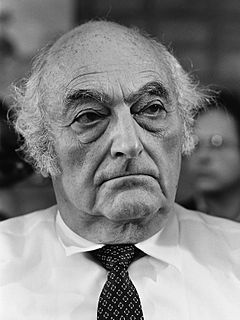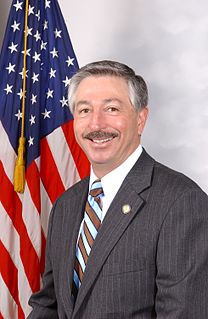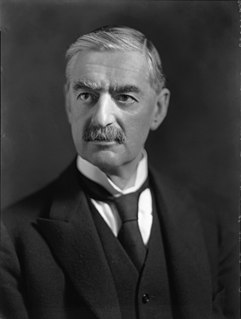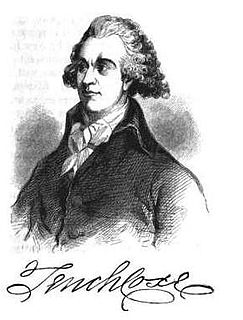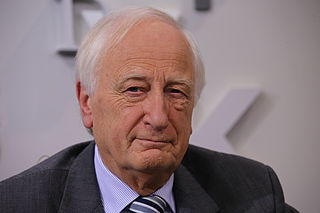A Quote by Robert C. O'Brien
The Cold War practice of garrisoning large numbers of troops with their families on massive bases in places like Germany is now, in part, obsolete.
Related Quotes
When we send our young men and women into harm's way, we have a solemn obligation not to fudge the numbers or shade the truth about why they're going, to care for their families while they're gone, to tend to the soldiers upon their return, and to never ever go to war without enough troops to win the war, secure the peace, and earn the respect of the world.
There used to be the Soviet Union and the Warsaw Pact. There used to be Soviet troops in the GDR. And we must honestly admit that they were occupation troops, which remained in Germany after WWII under the guise of allied troops. Now these occupation troops are gone, the Soviet Union has collapsed, and the Warsaw Pact is no more. There is no Soviet threat, but NATO and U.S. troops are still in Europe. What for?
I will never say, 'support the troops.' I don't believe in the validity of that statement. People say, 'I don't support the war, I support the troops' as though you can actually separate the two. You cannot; the troops are a part of the war, they have become the war and there is no valid dissection of the two. Other people shout with glaring eyes that we should give up our politics, give up our political affiliations in favor of 'just supporting the troops.' I wish everything were that easy.
It seems to me that large numbers of people are now paying attention to poverty and that large numbers now understand that blaming the poor and the insecure for being poor and insecure is as unseemly as is schoolyard bullying. In that realization lies hope for a reinvigorated discourse around poverty and inequity in modern-day America.
I am speaking to you from the Cabinet Room at 10 Downing Street. This morning the British Ambassador in Berlin handed the German Government an official note stating that unless we heard from them by eleven o'clock, that they were prepared at once to withdraw their troops from Poland, a state of war would exist between us. I have to tell you now that no such undertaking has been received, and consequently this country is at war with Germany.
Germany is not the only country that one could call post-heroic. But there is an additional aspect for Germany when it comes to this generally Western stance - one which Vladimir Putin would call decadent. For almost four-and-a-half decades after World War II, we didn't have full sovereignty. During this period, we existed in a niche of global politics. This experience of limited sovereignty continues to have an effect. Many Germans still have sympathy for the idea that Germany can exist as something like a large Switzerland in the middle of Europe.

